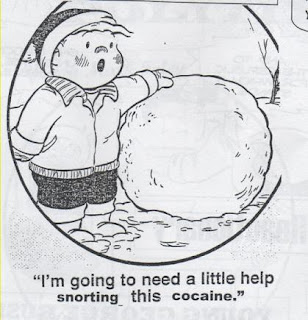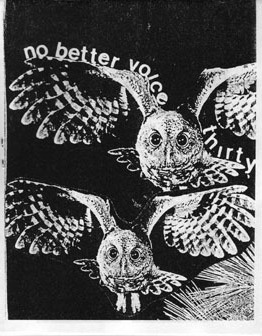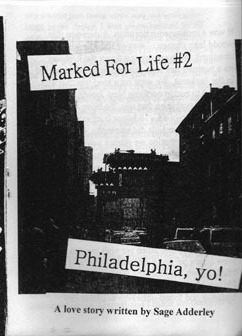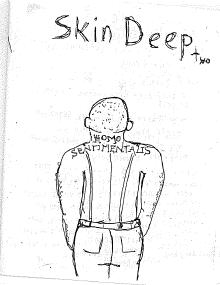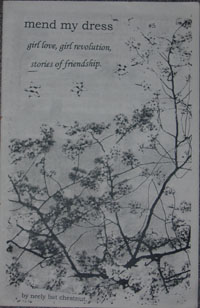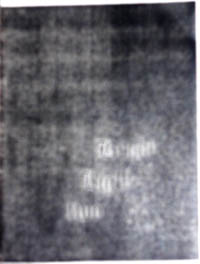
via Trading Stories with the Leaves by Trading Stories on 11/29/07
Arnold Zwicky wrote an interesting post for Language Log recently, about the blurred edges of technical and everyday words. He pointed out how "the common-language use of epicenter for the central point of an event" is slightly different from its original jargon meaning: "Technically, it's the location on the earth's surface over the place where the earthquake event happened, undergound."
When Erick Lyle named Scam #5½ "The Epicenter of Crime: The Hunt's Donuts Story", borrowing the phrase from a news broadcast, I suspect he was using epicenter in the common-language sense. But the technical meaning is perhaps even more fitting, because Hunt's Donuts — beneath the "OPEN 25 HOURS" neon sign — was the point where the underground centre was reflected on the surface. It was the place where the petty criminal underworld of San Francisco's Mission district met the world of the upstanding citizenry.
You can read part of the Hunt's Donuts story in a March 2000 article in the SF Weekly. By that time it was called Magic Donuts, and the city was trying to force the new owners to shut the place down, using their tactic of suing "Mom and Pop" store owners for social problems beyond their control. But if you want the full story, the real story of Hunt's Donuts on 20th and Mission, you need to read Scam #5½.
In Lyle's story, the Magic Donuts dispute is just the latest episode in a long history:
... the story of Hunt's is both less and more than news. Its a rumor, an illicit history, the pull of the gravity of the epicenter of crime. At 20th and Mission, battles to control the identity of the Mission have been acted out again and again, between ever changing sets of police and thieves over the years. In the story that follows we have the Irish cop who shut down the mission's Latino bars as his father shut down the city's gay bars. We have the young kid who couldn't beat the Hunt's sponsored team on the baseball diamond who grew up to try to shut down the shop as police captain. We have the Latino teenagers who hung out in front of Hunt's framed for a cop's murder in the famed trial of Los Siete de la Raza.
Hunt's Donuts was a microcosm of the Mission community, capturing both its successes and its failures, its hopes and its tragedies. Established by a pillar of the business community but condemned by the police, it was simultaneously a place where families would buy donuts after mass on Sunday and a place where drunks and junkies would trade goods of dubious provenance. In Scam #5½, Lyle brings the place alive on the page.
We see Hunt's through the eyes of its owners, its customers, the growing Latino population, the police — both sympathetic and otherwise, the drunks, the punks, and the yuppies moving in and gentrifying the Mission. Ultimately, Lyle is sad about Hunt's closing after 52 years as a Mission institution, and it is easy to see why: love it or loathe it, Hunt's Donuts was in the thick of things. Scam #5½ is a comprehensive social history and a pleasure to read.
Erick Lyle, Scam #5½, ¼ size, 32 pages.
Available from Paper Trail, Needles + Pens, McPheeters and Microcosm














